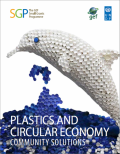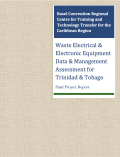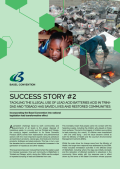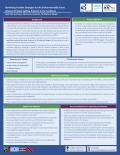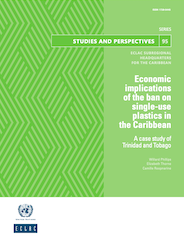
Caribbean Small Island Developing States (SIDS) are among numerous countries that are seeking to better control single-use plastics. To date, as many as 27 countries and territories of the subregion have implemented, or are in the process of implementing some form of legislative control over the use of single-use plastics
This study presents an economic analysis of the possible impacts of policy to limit the use of single-use plastics in selected economies of the Caribbean. It focuses on the economy of Trinidad and Tobago, examing the role of single-use plastics in production and distribution in selected value chains and estimates related cost margins in order to assess the potential for substitution of alternatives to single-use plastics.
The study concludes that an enhanced single-use plastics strategy is likely to be maximally efficient then accompanied by a more comprehensive and robust national waste management programme, which builds more efficient institutions, strengthens the waste management regulatory framework, and improves waste management incentives. A revised incentive framework, enhanced waste management infrastructure, public education and awareness raising initiatives are identified as important policy elements to be undertaken in the implementation of the single-use plastics ban.

